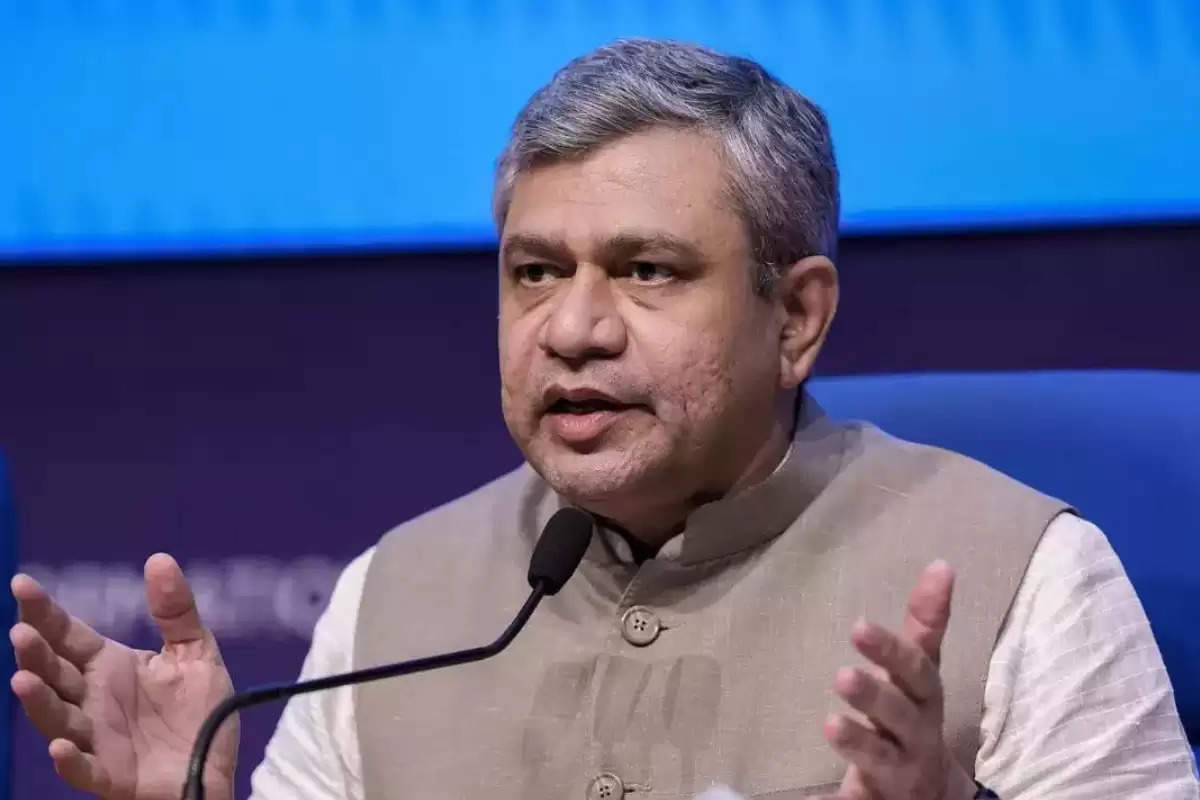The current incentive is Rs 17,000 crore for domestic laptop and tablet production.

In NEW DELHI: The Cabinet authorised a Rs 17,000 crore incentive programme on Wednesday, boosting the PLI from the previous Rs 7,350 crore (131%) and attracting interest from international firms. Apple, a top seller, has stated that it is "seriously examining" producing MacBooks in the nation.
Top mass market laptop manufacturers like Dell, HP, Acer, and Asus are among those who are currently favourably considering India, according to IT minister Ashwini Vaishnaw. According to him, the new programme offers a 5% reward to businesses that invest locally, with the possibility of an additional 3% boost if particular items are also purchased from regional suppliers.
Government increases PLI laptop spending by 131% to Rs 17k Cr.
On Wednesday, the government increased the incentive programme for producing servers and laptops in India by 131% to Rs 17,000 crore. It cited interest from international businesses, including Apple, the biggest seller on earth.
After expanding with iPhones, the government claims that Apple is "seriously exploring" producing MacBooks in India. Discussions with Apple, which the government is pressuring the firm to increase production in India in order to replicate the success with iPhones, have been positive, according to IT & electronics minister Ashwini Vaishnaw. They are evaluating carefully, Vaishnaw told TOI. Vaishnaw said big mass laptop firms like Dell, HP, Acer, and Asus are among those that are looking at India favourably now that the scheme has been made comprehensive in terms of the incentives, while declining to get into specifics of negotiations with particular companies.
The Government gave its approval to the decision to increase the rewards under the production-linked incentive (PLI) plan for IT hardware such laptops, tablets, all-in-one PCs, servers, and ultra tiny form factor devices. While the original plan had set aside Rs 7,350 crore for PLI incentives, the government was forced to boost the allocations as a result of criticism from the industry that the former plan did not cover financial hardships associated with manufacturing in India as opposed to importing. As opposed to smartphones, where there is a 20% import charge, there are no such limits on computers because the category falls under ITA-1, which enables imports at no duty, therefore the government had to enhance the benefits for local manufacture in laptops.
In its editions dated January 2 of this year, TOI had written about the government's plan to give the IT hardware PLI scheme a major boost.
According to Vaishnaw, the new programme offers incentives to businesses that invest locally of about 5%, with the possibility of an additional 3% if particular components, such as PCBA, memory, and power supplies, are also purchased from regional suppliers. The new amended programme, according to Rajeev Chandrasekhar, minister of state for IT & electronics, will help increase investments in the industry and generate jobs.
.png)